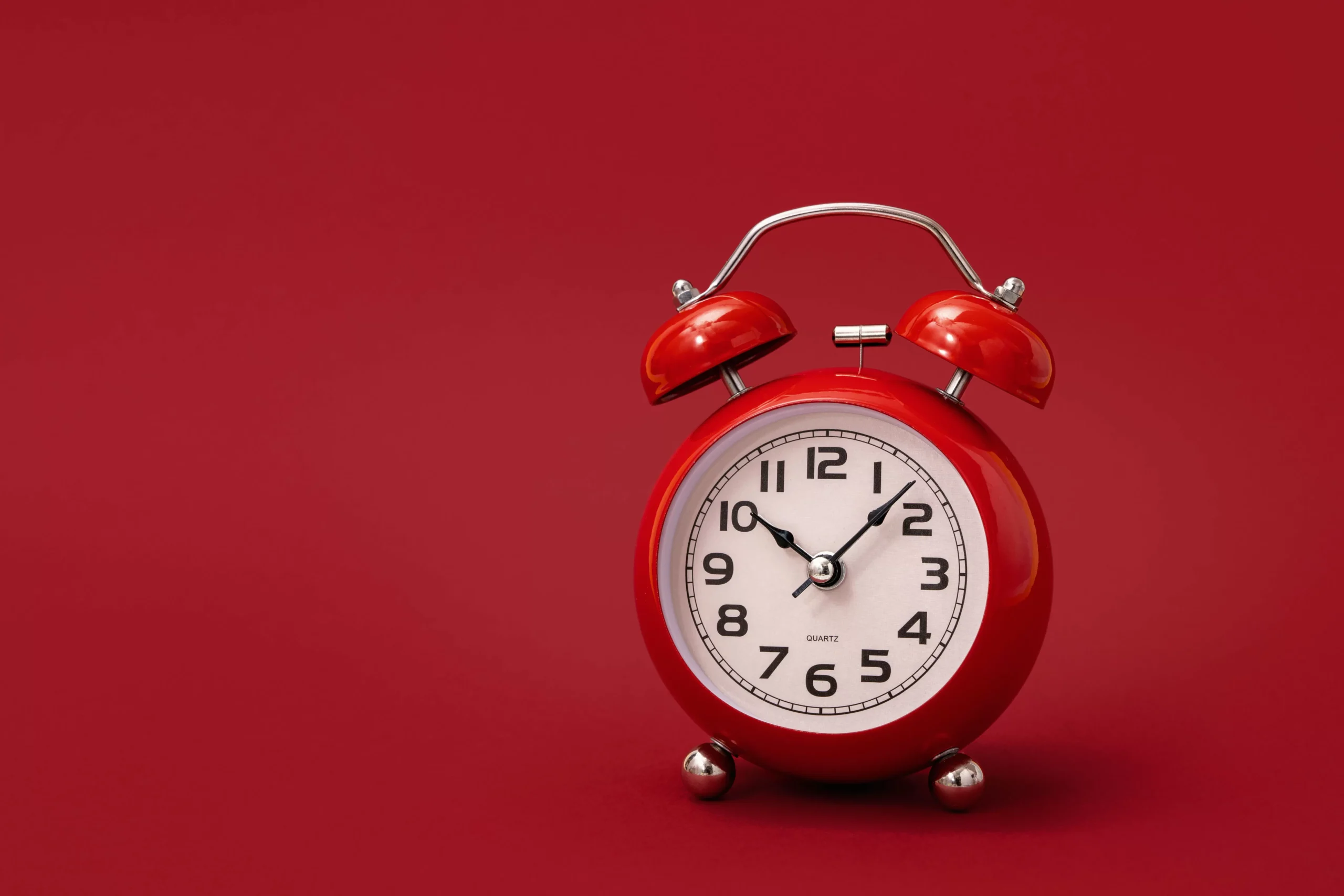On Sunday, March 31, 2024, the clocks will go forward by an hour, resulting in one less hour of precious sleep for many of us. It may seem like grim news, especially for those of us who already struggle with getting a good night’s rest. But fear not, for with this clock change comes brighter, warmer days and the joy of beer gardens is well within our reach. So let’s focus on the positive and embrace this small readjustment for the benefits it brings.
But have you ever wondered why the clocks still change twice a year? And how exactly does it impact us and our bodies?
Believe it or not, the concept of daylight saving time dates back to the late 18th century. American politician and inventor Benjamin Franklin first suggested the idea in 1784 as a way to save money on candles. However, it wasn’t until 1907 that British builder William Willett brought the idea to the United Kingdom. In his leaflet titled “The Waste of Daylight,” Willett encouraged the UK public to wake up earlier in order to make the most of the daylight hours.
Willett’s main argument was that people were wasting valuable time by sleeping through periods of daylight. He also believed that the change would save fuel during the war and as a keen golfer, he didn’t like that precious course time was being lost. Despite his efforts, the change was not implemented until parliament passed the Summer Time Act in 1916, a year after Willett’s death. Fun fact: William Willett was actually the great-great-grandfather of Coldplay’s Chris Martin!
So what time do the clocks change? The clocks go forward at 1am on Monday, April 1, marking the start of British Summer Time (BST). They will go back an hour at 2am on the last Sunday in October, reverting to Greenwich Mean Time (GMT). A simple way to remember which way the clocks go is “spring forward, fall back”.
But how does this time change affect our sleep? Apart from losing an hour of sleep, studies have shown that changing our sleep routine by just one hour can have a jet lag-like effect that lasts for weeks. This can greatly disrupt our daily routines and leave us feeling tired and disoriented.
Shaheeb Ali, advanced clinical practitioner and independent pharmacist prescriber at online pharmacy MedsOnline247, has some advice for dealing with the time change. “The biggest player in establishing our day and night cycles is light. So, it’s important to expose yourself to natural or artificial light the following morning. This will help to suppress melatonin levels and make you feel less sleepy,” he says.
He also advises against taking naps during the day and instead suggests going outside for some fresh air to help reset your biological clock. Practicing good sleep hygiene by limiting alcohol, caffeine, and blue light intake from devices before bedtime can also help with adapting to the time change.
So, while we may lose an hour of sleep, let’s not forget the positive aspects that come with the clocks changing. Let’s embrace the brighter, warmer days and look forward to enjoying our favourite outdoor activities. Happy spring!



